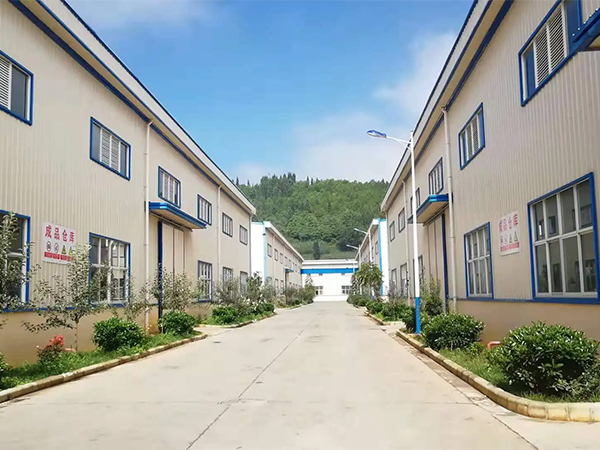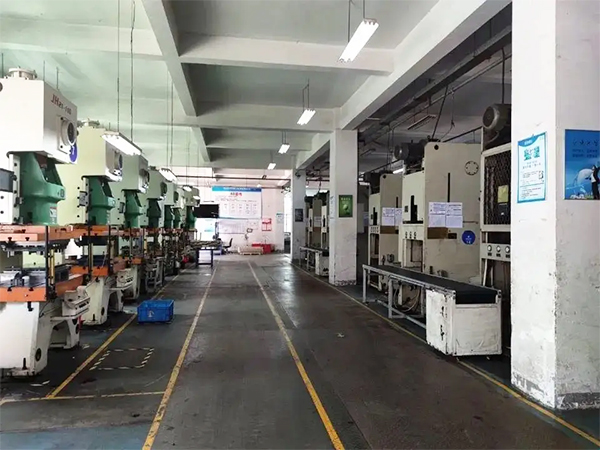In the grand picture of modern industry, fasteners are like unsung heroes working silently behind the scenes. Although they may seem ordinary, they play an indispensable and crucial role. They tightly integrate various components with their sturdy connection performance to construct complex and precise mechanical systems, supporting the vigorous development of industrial civilization.

Fasteners, as the name suggests, are mechanical parts used for fastening and connecting, such as bolts, nuts, screws, washers, etc. These small parts carry enormous power and responsibility. They not only have to withstand various forces and vibrations generated by mechanical components during operation, but also maintain stable performance under harsh environmental conditions to ensure the safety and reliability of the entire structure.
From automobile manufacturing to aerospace, from construction engineering to electronic devices, fasteners are ubiquitous. On the automobile production line, thousands of fasteners firmly assemble engine, chassis, body and other components together, ensuring the stability and safety of vehicles during high-speed driving; In the aviation industry, high-strength fasteners can withstand extreme temperature and pressure changes, ensuring the structural integrity of the aircraft; In the construction of high-rise buildings, fasteners tightly connect steel beams, columns, etc., providing people with stable living and working spaces; In electronic devices, tiny and precise fasteners enable precise assembly of components such as chips and circuit boards, achieving various complex functions.
The quality and performance of fasteners directly affect the quality and reliability of the entire product. Therefore, there are strict requirements for the material selection, manufacturing process, quality inspection and other aspects of fasteners in the production process. High quality fasteners are usually made of high-strength and corrosion-resistant materials, which undergo precision machining and heat treatment processes to achieve the specified mechanical properties and dimensional accuracy. At the same time, a strict quality inspection system ensures that every fastener meets the standards and prevents unqualified products from entering the market.
With the continuous advancement of technology, fasteners are also constantly innovating and developing. The application of new materials, such as titanium alloys, carbon fiber reinforced composite materials, etc., enables fasteners to reduce weight while maintaining or even improving strength and durability; The improvement of surface treatment technology, such as galvanizing, nickel plating, Dacromet treatment, etc., enhances the corrosion resistance of fasteners; Intelligent production and testing equipment have improved production efficiency and product quality stability.
In the future industrial development, fasteners will continue to play an important role. With the development of manufacturing towards high-end, intelligent, and green directions, higher requirements have been put forward for the performance and functionality of fasteners. For example, in the fields of new energy vehicles, wind power generation, high-speed rail, etc., it is necessary to develop fasteners with higher strength, better fatigue resistance, and corrosion resistance; In the aerospace industry, the requirements for lightweight and high temperature resistance of fasteners will continue to increase; In the era of intelligent manufacturing, digital design and production of fasteners will become a trend to achieve more efficient customized production and supply chain management.
In short, as a fundamental component of modern industry, fasteners may seem insignificant, but their importance cannot be ignored. They support the backbone of industry with a strong connecting force, driving technological progress and social development. We should attach great importance to the research and development, production, and application of fasteners, continuously improve their quality and performance, and contribute to building a better industrial future.
Post time: Jul-25-2024

